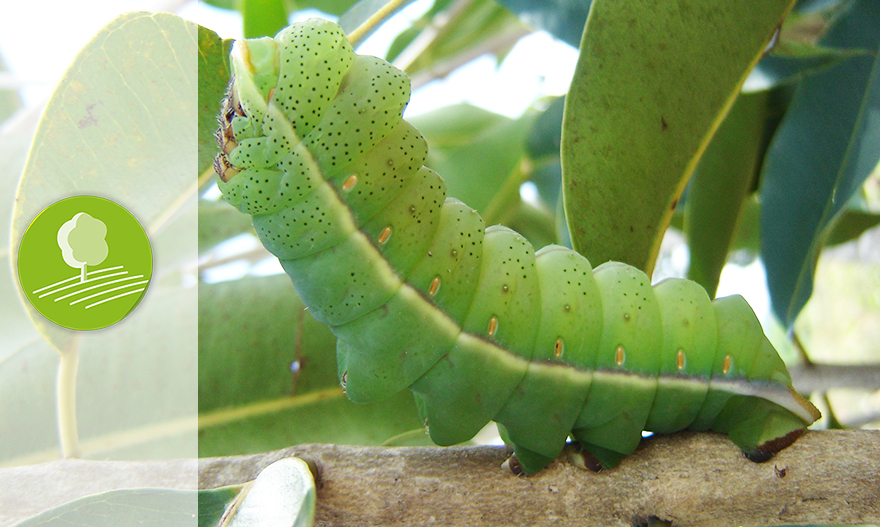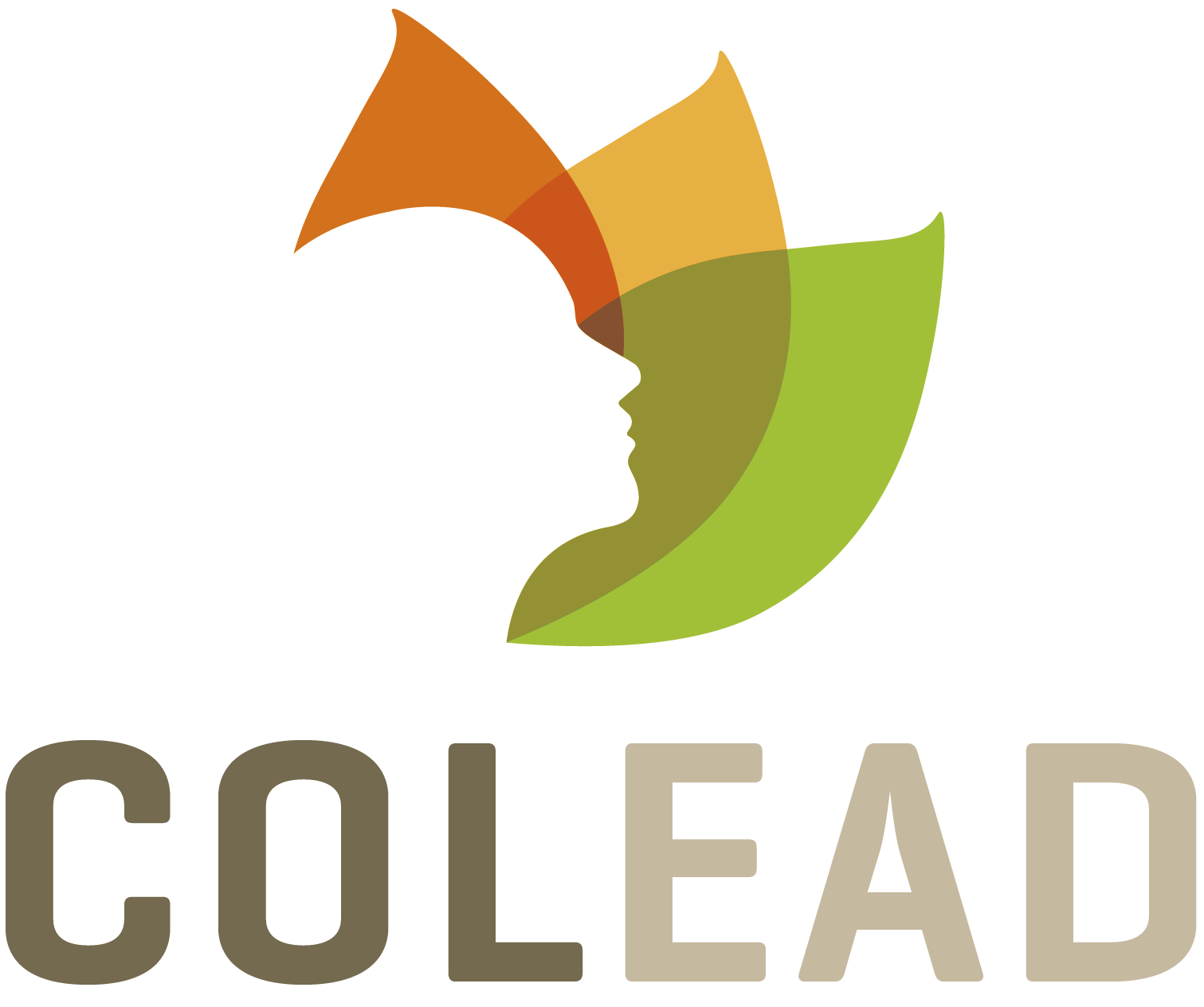
Introduction to Integrated management of pests and disease
Estimated duration : 30min
The course offers an introduction to the basic principles of chemical pest control through various interactive and entertaining activities.

Integrated management of pests and disease (Intermediate level)
Estimated duration : 7h30
In this course we will focus on the significance of crop pests and the need for a crop protection strategy.
An estimated 50% of the world’s production is lost before or after harvest under the combined action of diseases, attacks by pests, and competition from weeds. Hence an effective and rational scheme for controlling these crop pests is a must. To this end, we will learn that setting up a pest control strategy starts with identifying the causal agents. It also requires a basic knowledge of the life history, the biology, and the main characteristics of the latter. In addition to efficacy, producers also need to consider certain outside parameters (ethics, environment, sustainability, etc.) when choosing a control method. An analysis of current practices and available alternatives will demonstrate to producers the merits of adapting and changing their crop protection methods.
We will then address the use of chemical treatments on crops. We will distinguish among the different kinds of plant protection products on the market for controlling pests and discuss their properties and modes of action. We will spend some time on the phenomenon of resistance development in pests and discuss in detail the means available to producers to attempt to find a solution to this problem.
Lastly, at the end of this first level we will explain to the trainee why chemical control is being questioned nowadays, and why there is a trend toward a more eco-friendly approach such as integrated pest management.

Integrated management of pests and disease (Advanced level)
Estimated duration : 7h30
Over the long term, plant protection control is only meaningful if planned in the scope of a global approach and a well-thought-out strategy. In this course we will also focus on the different plant protection control strategies and on the steps to follow for setting up an effective control scheme.
We will then return to the treatment of crops or harvested products with a plant protection product with the aim of protecting them. We will learn that a rational and effective pesticide application depends on proper timing, selectivity, and precision. Furthermore, producers must comply with Good Plant Protection Practices or GPPP (following proper procedures, following instructions for the safe use, storage, and disposal of unused or out-of-date products and empty containers and also any remaining spray mixture). The trainee will learn that setting up GPPP during the treatment phase requires taking certain measures beforehand (organisation of the workplace, checking equipment, and prevention of contamination).
It is important to note that pesticide and biocide use is strictly regulated by European institutions. In conclusion, we will trace the history of the European legislative framework, discuss the various directives or regulations relating to plant protection products, and identify the impact of this legislation in the ACP countries.

